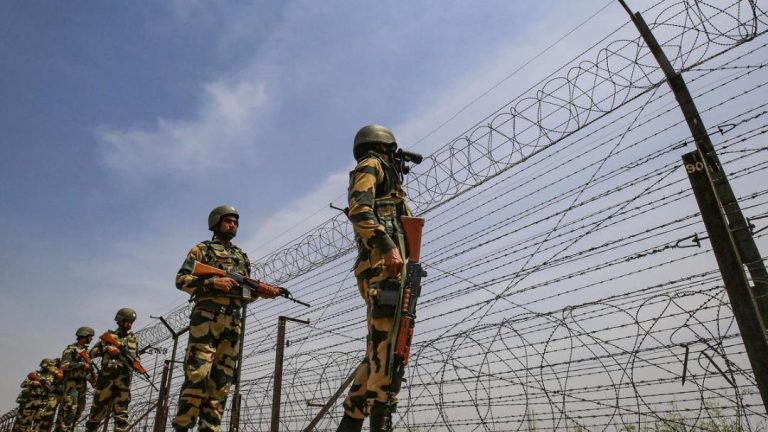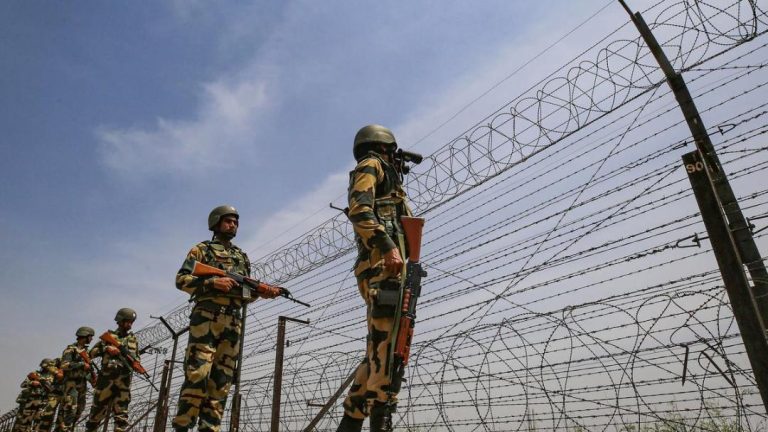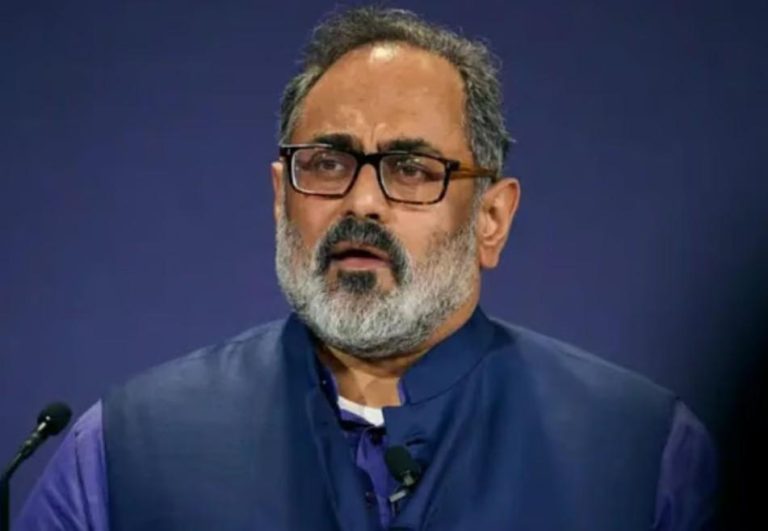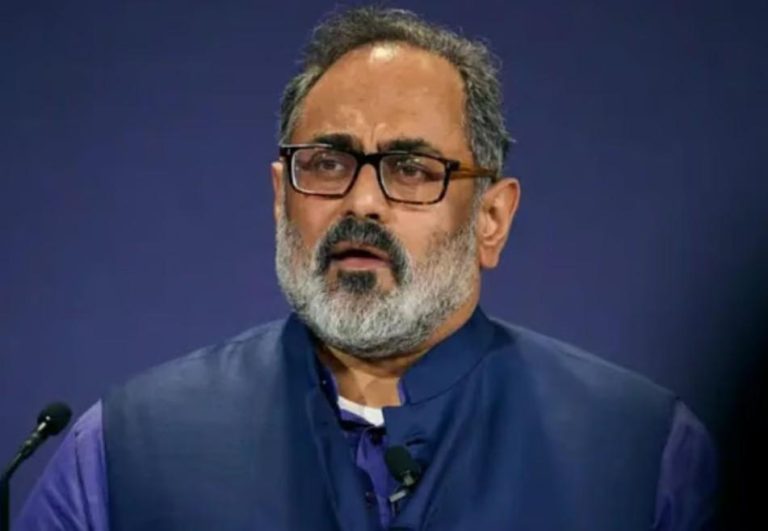
Indian National Jailed for 4 Years in Sri Lanka for Match-Fixing
The world of cricket has been plagued by match-fixing scandals for decades, and recently, another shocking incident has come to light. An Indian national, Yogi Patel, has been sentenced to four years in prison for match-fixing in Sri Lanka’s 2024 Legends League T20 tournament.
According to a report, Patel was found guilty of proposing to fix matches and was fined a staggering SLR 85 million (approximately USD 475,000). In addition to the prison sentence and fine, Patel was also ordered to pay SLR 2 million (approximately USD 11,000) to Upul Tharanga, the chairman of Sri Lanka selectors, for defamation.
The incident highlights the seriousness with which match-fixing is taken in the cricketing world, and the severe consequences that those involved can face. Match-fixing is a serious offense that can undermine the integrity of the game and damage the reputation of players, teams, and tournaments.
The 2024 Legends League T20 tournament, which took place in Sri Lanka, featured a mix of retired international cricketers and current players. The tournament was designed to provide a platform for former players to showcase their skills and compete against each other in a competitive environment.
Unfortunately, the tournament was marred by controversy when Patel, an Indian national, was arrested and charged with match-fixing. An investigation revealed that Patel had proposed to fix matches in the tournament, and he was subsequently found guilty and sentenced to prison.
The sentence is a significant blow to Patel, who had been a prominent figure in Indian cricket circles. The match-fixing scandal has also damaged the reputation of the tournament and the Sri Lankan cricket board, which has been accused of not doing enough to prevent the scandal from occurring.
The incident highlights the need for stricter measures to prevent match-fixing in cricket. The International Cricket Council (ICC) has taken several steps in recent years to combat match-fixing, including the introduction of anti-corruption units and the use of advanced technology to detect suspicious activity.
However, despite these efforts, match-fixing continues to plague the sport. The incident in Sri Lanka serves as a reminder of the urgent need for increased vigilance and cooperation between cricket authorities, law enforcement agencies, and players to prevent match-fixing and protect the integrity of the game.
The sentence handed down to Patel is a significant deterrent to others who may be considering engaging in match-fixing. It also sends a strong message that match-fixing will not be tolerated in the cricketing world, and those who are found guilty will face severe consequences.
In conclusion, the sentencing of Yogi Patel to four years in prison for match-fixing in Sri Lanka’s 2024 Legends League T20 tournament is a significant development in the ongoing fight against match-fixing in cricket. The incident highlights the need for increased vigilance and cooperation to prevent match-fixing and protect the integrity of the game.






